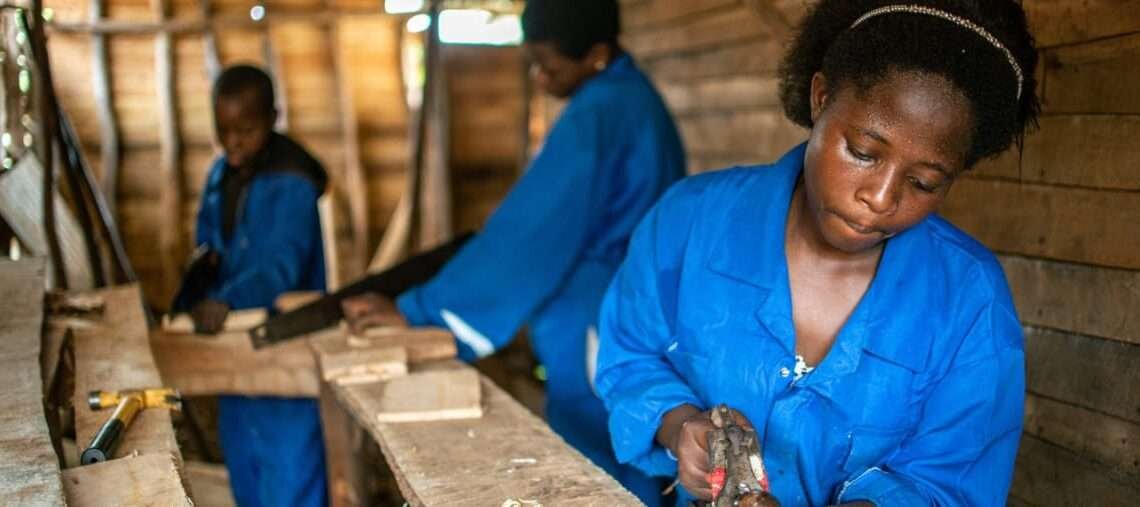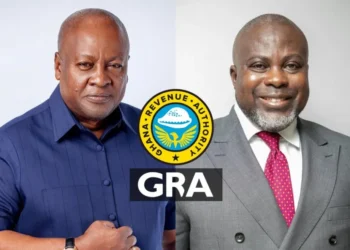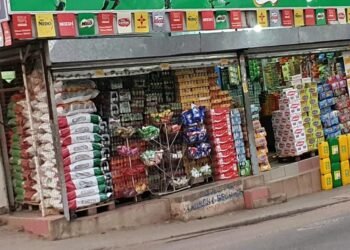The United Nations Educational, Scientific and Cultural Organization (UNESCO), a specialized agency of the United Nations aimed at promoting world peace and security through international cooperation in education, arts, sciences and culture, has stated that Ghanaian youth will need human capital investments to leverage opportunities that abound in the sector.
According to UNESCO, investing in human capital is crucial for Ghanaian youth to seize opportunities and contribute to their country’s development. This, it said aligns with UNESCO’s global efforts to promote education and skills development for youth.
UNESCO noted that the youth population in Ghana keep growing as the 2021 Population and Housing Census indicated 38 per cent of Ghana’s population is youth.
This was made known in a statement issued in Accra jointly by Mr Dimitri Sanga, Director, UNESCO Regional Office for West Africa and Quentin Wodon, Director, UNESCO International Institute for Capacity Building in Africa (UNESCO IICBA).
The statement Indicated that too many youths enter adulthood currently without sufficient investments in their human capital. “To improve opportunities for youths, investments are clearly needed. Is there popular support for such investments, and if so, what should be the priorities for investments,” it said.
The statement noted that the World Bank’s Human Capital Index is based on six variables that talked about children’s development, progress, education and health towards productivity.
The statement said the expected productivity in adulthood of a child is estimated in comparison to full productivity that could be expected with full education and health. “The estimate is that a child born in Ghana today will reach only 44 percent of its potential, which is very low,” it added.
Statistics from the United Nations indicate that by 2050, a fourth of the world’s population could live in Africa and the challenges brought about by Africa’s youth bulge are immense, likewise the opportunities.
Analysis of Afrobarometer Survey
It said analysis of Afrobarometer surveys released recently by the UNESCO International Institute for Capacity Building in Africa (UNESCO IICBA) was on supporting higher government taxation to invest in youth.
In Ghana, over half of respondents stated they would indeed support higher taxation for investments in youth with priority areas being job creation, education, job training, business loans, social services (health, drugs). A category of the respondent also said otherwise.
The statement called for improvements in basic services and other sectors to ensure that youth had the opportunities they needed and deserved.
Meanwhile, investments in human capital in Ghana are essential for the nation’s development. In the heart of West Africa, Ghana stands as a beacon of promise, teeming with potential and opportunities.
Ghana is a nation brimming with youth, with a median age of approximately 21 years. This demographic dividend presents a unique opportunity for the country to catapult itself into a position of economic prominence. However, this potential can only be harnessed through strategic investments in human capital.
Ghana has made significant strides in improving access to basic education, but the focus must now extend to quality and relevance. UNESCO encouraged Ghana to enhance its educational infrastructure, update curricula to meet the demands of the modern world, and ensure that every child receives a quality education. This will not only prepare the youth for the workforce but also equip them with critical thinking and problem-solving skills.
Moreover, in a rapidly changing global economy, the demand for a skilled workforce is paramount. To compete on the international stage, Ghana must invest in vocational and technical training programs.
UNESCO recommends forging partnerships with industries to tailor training to the needs of the job market, thereby ensuring that young Ghanaians are equipped with the skills and knowledge required for employment and entrepreneurship.
READ ALSO: WFP Appeals For Expanded Access To Gaza























